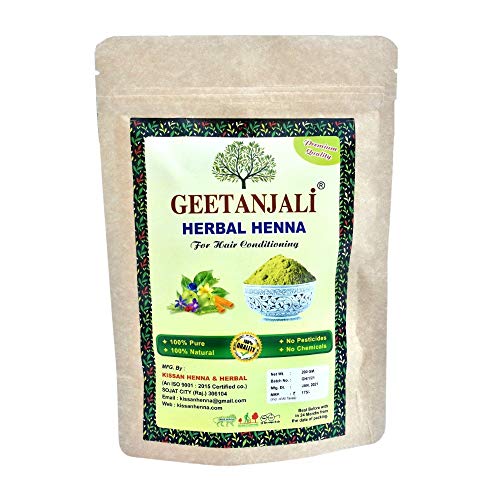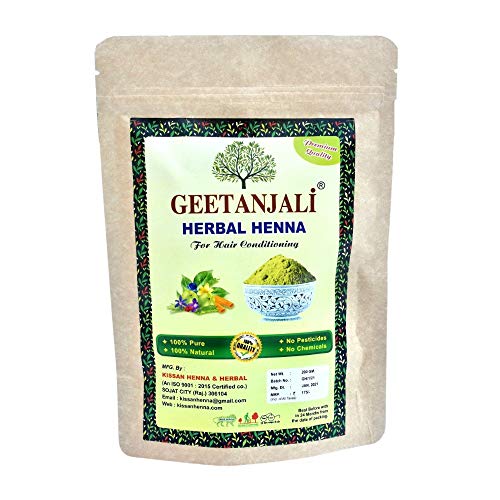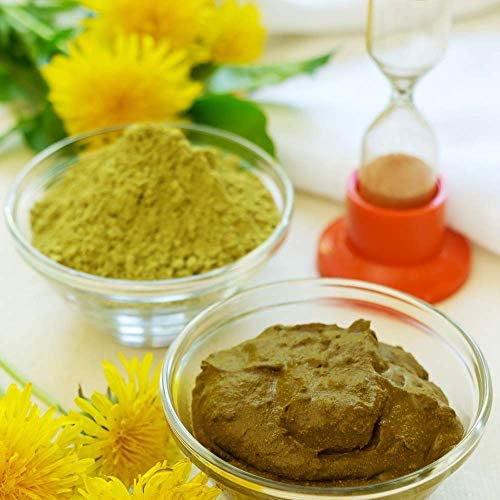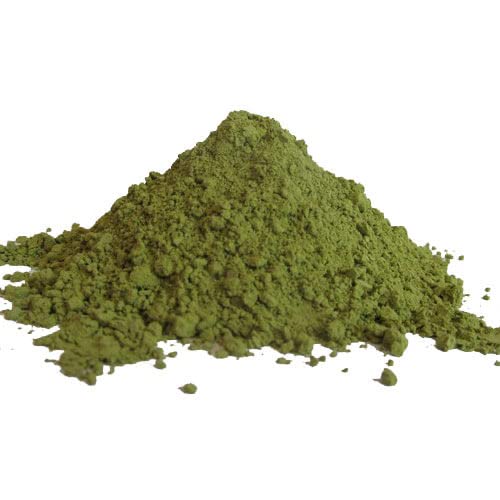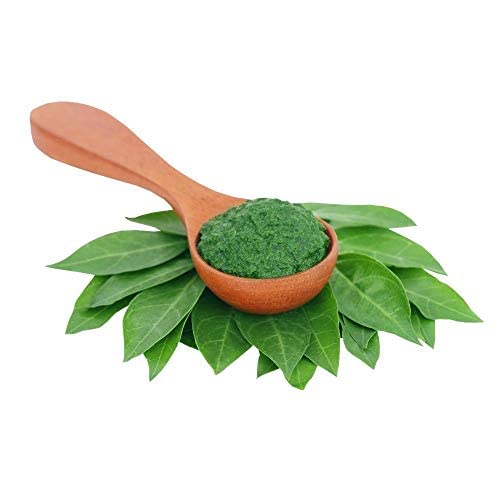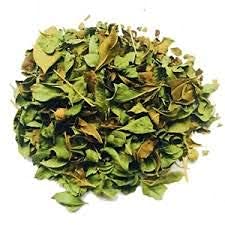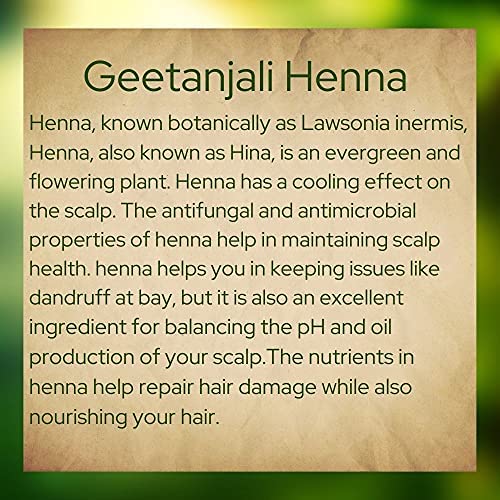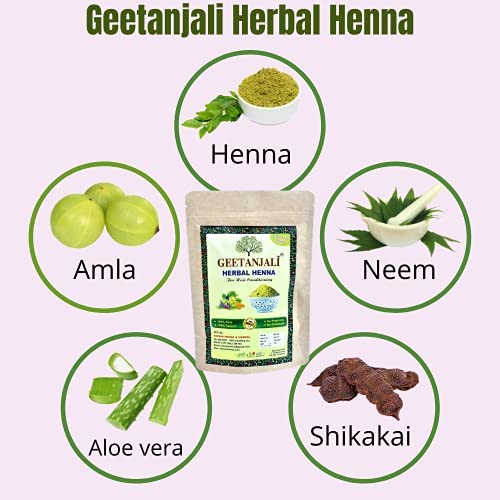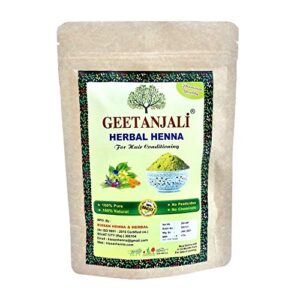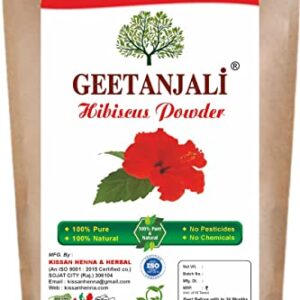Geetanjali herbal henna powder is made from selected henna leaves from fresh crop every season and mixed with Indian herbs like amla, aritha, shikakaietc for complete hair care. Geetanjali henna is 100% natural and chemical free .Geetanjali herbal henna powder is the best way to nourish and colour your hair naturally.
The different words for henna in ancient languages imply that it had more than one point of discovery and origin, as well as different pathways of daily and ceremonial use. It is important to note that the modern term “Henna tattoo” is a marketing term only. Henna does not tattoo the skin and is not considered tattooing. Mehndi (henna) applied to the back of both hands in India Henna pattern on a foot in Morocco Henna has been used to adorn young women’s bodies as part of social and holiday celebrations since the late Bronze Age in the eastern Mediterranean.
The earliest text mentioning henna in the context of marriage and fertility celebrations comes from the Ugaritic legend of Baal and Anath,[10] which has references to women marking themselves with henna in preparation to meet their husbands, and Anath adorning herself with henna to celebrate a victory over the enemies of Baal.
Wall paintings excavated at Akrotiri (dating prior to the eruption of Thera in 1680 BCE) show women with markings consistent with henna on their nails, palms and soles, in a tableau consistent with the henna bridal description from Ugarit.[11] Many statuettes of young women dating between 1500 and 500 BCE along the Mediterranean coastline have raised hands with markings consistent with henna. This early connection between young, fertile women and henna seems to be the origin of the Night of the Henna, which is now celebrated in all the middle east.
